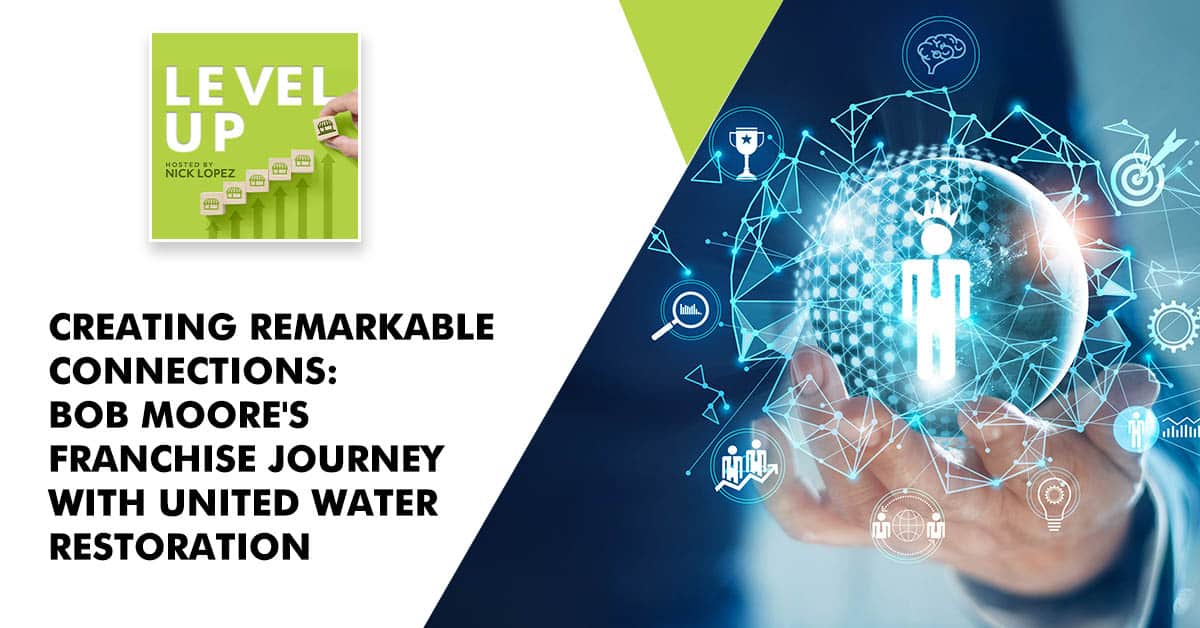
Bob Moore‘s path to success was not an overnight achievement. It began with a humble start as a young entrepreneur, tirelessly working his way up the ladder of success. In this episode, our host Nick Lopez sits with him to discover the extraordinary story of his franchise journey. With unwavering dedication and a thirst for knowledge, Bob gained experience across various industries, starting with the iconic Domino’s Pizza. However, it was his visionary outlook that led him to identify the immense potential in the restoration sector. Determined to create something truly remarkable, Bob set his sights on building the foundation of what would become United Water Restoration.
In this episode, Bob shares his franchise goals and strategies. The heart of United Water Restoration’s success lies in the power of unity and support. Bob’s passionate commitment to expanding the network of franchisees has led to an extended reach, enabling the company to provide timely assistance to a broader customer base. As the conversation unfolds, Bob emphasizes the pivotal role trust, communication, and empathy play in developing meaningful connections with customers. Tune in now and discover how to make a successful franchise and a network of meaningful connections!
—
Welcome to the show where we get the opportunity to speak to thought leaders in business, franchising, and high-performance personal development. Our guest most certainly goes without exception. He is the VP of Franchise Development for the United Water Restoration Group, which is an exciting and fast-growing franchise company. Bob Moore, welcome to the show.
Thank you, Nick. I appreciate the opportunity to be with you.
I know our audience is most certainly going to level up after this call. I’ve been looking forward to getting the opportunity to learn more about your organization and, specifically, to learn a little bit more about franchise development as it’s an exciting part of franchising. Before we get into all of that, Bob, I would love to learn a little bit more about your organization, where you started, and where you’re going.
I’ll give you a little bit of background about myself and a quick recap of the company. I’ve been in franchising for many years. I started out with Domino’s Pizza. For the first six years, I was in corporate roles and also worked for various franchise owners. The last seven years I was with them, I was a multi-unit franchise owner. I owned multiple Domino’s stores. I’ve been on both sides of the franchise business model.
I went on to work for ServiceMaster, where I was a Regional Director out on the West Coast. My team and I supported about 134 franchisees across five states. The bulk of them are in the restoration space. This is my second time in this industry. I then went on to work for Dunkin’ Brands for a little over ten years. From there, I oversaw about 1/3 of the country for all things people and training-related. My team and I would help new franchisees get their new store open and things like that as well as regular operations, leadership training, and any other training.
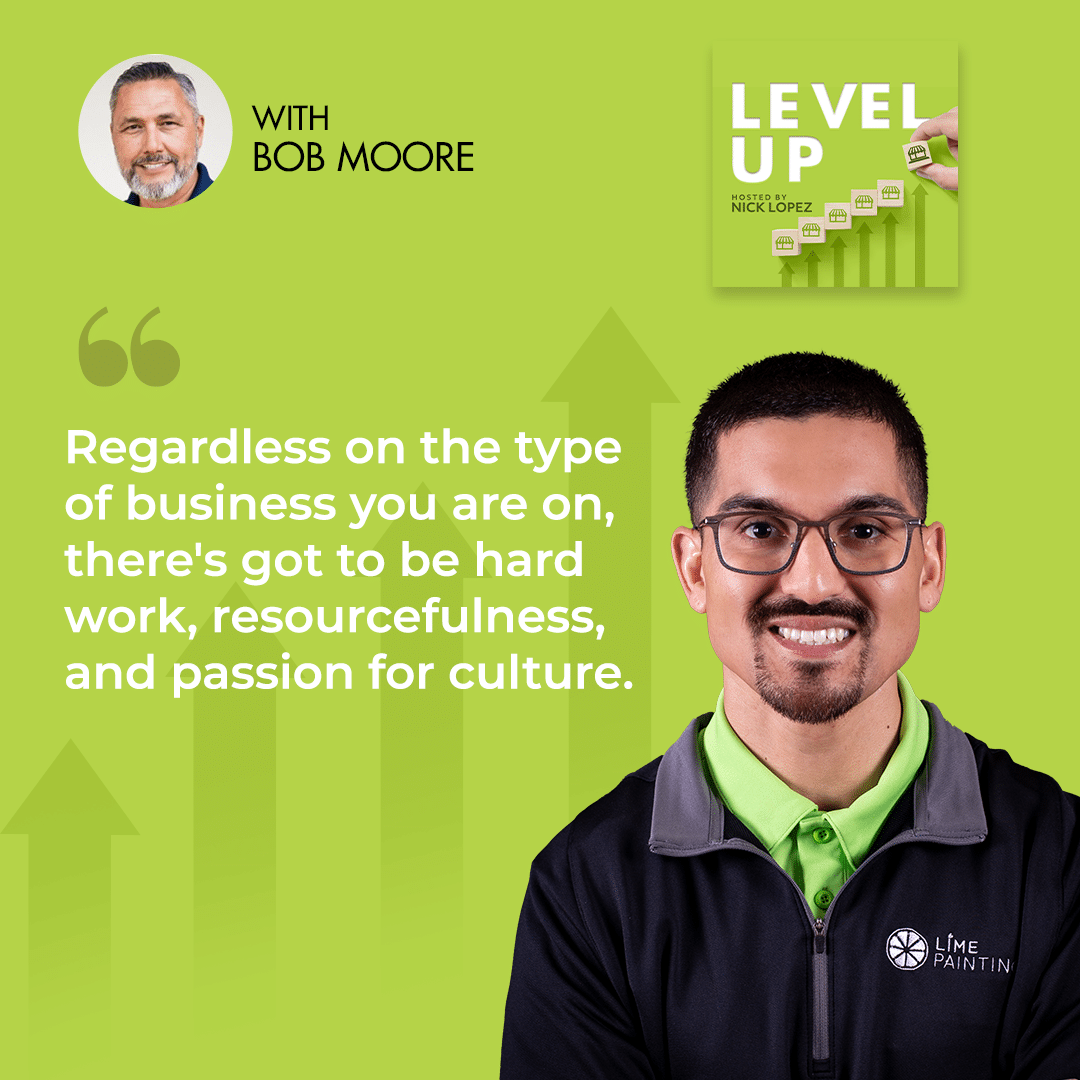
The brand is required to get out to all the restaurants and things like that. I’ve been with the United Water Restoration Group for about a few years. When I started, we had five franchisees. We have 27 and a handful of others in the pipeline. It’s very exciting. It’s been a great ride in franchising. I can’t complain. I love working with entrepreneurs and people who go out there and try to make a go of themselves.
A little bit about United Water Restoration Group, we were founded in 2008. Some gentlemen in the middle of a recession formed a restoration company. They started with one van, filled it with equipment, and went out and started knocking on doors. They very quickly built that to fifteen locations across Florida, then they began franchising in 2015 and they have continued to grow. We still have corporate locations. That’s one of the things I do love about us as a company. We’re not just selling franchises. Our owners are still in the business, and they’re busy working and running the eleven corporate locations that we still have on our books.
That most certainly creates a different type of leadership when you’re hands-on in the business and running some corporate territories. To a large extent, it makes you a little bit more of a player’s coach.
It’s interesting because I run a franchise company for our owners. The same three owners own United Water Restoration Group, all the corporate locations, and then they form the franchise company. I often treat our corporate company as just another franchise. It is some of the same things that I coach and advise our franchisees on in terms of building and growing their business.
It can be advantageous to have someone who’s outside your business looking in because they’re not so caught up in the day-to-day details. I often find myself having a meeting with one of the owners and we’re going to talk about some ideas he wanted to run by me. It’s a great job. I love it. I come to work every day and a lot of exciting things I get to work on. Growing the company is always fun and exciting.
Are you folks at 27 franchise owners?
Correct.
What is your goal for next year in terms of growth?
I’d like to add another dozen. We’re not just going to add bodies and things like that. We want to make sure it’s a good fit and they’ll be successful in owning a restoration company. We want to get too much larger numbers over the next five years. If we can add other dozens a year, that will be a good year for us.
What I loved about what you said was that, “We don’t want to just add bodies. We want to make sure they’re a good fit and going to be successful.” What does that look like for you guys?
One is not being afraid of hard work, whether it’s restoration. I own pizza stores. I have friends who own all different kinds of businesses. Regardless of the type of business is, when you go out there on your own, there’s going to be some hard work. You can work smart all you want, but there’s still going to be, at the end of the day, some hard work left that you got to do. People aren’t afraid of hard work. There always is something we’re looking for. The other thing we talk a lot about is how resourceful they are. They can problem solve and creative thinking and things like that because you sometimes have to be creative in solving your problems and finding your way through things.
Lastly, what I’d say is we talk a lot about, “Have they managed people before? What does that look like?” One of the things we talk a lot with our franchisees about is culture. I challenge them in training. Why should someone come to work for you beyond a paycheck? You’re going to have to pay them. That’s a given. Beyond that, what are you offering them?
We challenge our franchise owners to think and find answers to that question because, as any business out there will tell you or anybody running a business, finding good talent is hard. You want to find them and keep them. That takes work. It doesn’t happen by accident. We get right into the initial franchise training. We challenge our owners to answer that question, “Why would someone come to work for you? What are you going to offer them besides a paycheck?”
You’re looking for an owner that has that team-building experience. It’s one thing to be able to execute the model and the behavior that’s required. Let’s say an owner-operator or a hands-on manager, but it’s a totally different skillset to be able to teach somebody to do that and to do it effectively when you’re not around while also maintaining the culture, the values, and the customer proposition. Somebody may be on the payroll. You may be paying them to show up, but are they doing the aspects of the business that deliver the brand? That, for a first-time business owner, is challenging. It’s a learning curve.
It is even a challenge for an experienced business owner within a new industry. If you’re a new business owner or you don’t have that managerial experience, that’s a couple of additional learning curves that you’re navigating through. It’s possible, but to your point, that’s something that’s important. You’re evaluating their ability to do that and build the team.
You talked about some of the benefits of the franchise business model. That’s one of the things I love about that is because you’re in business for yourself but not by yourself. You have resources available to you as a franchisee, whether that be my team in corporate support or myself. You also have fellow franchise owners who are in the exact same business you’re in.
You can pick up the phone when you call them and talk to them. Tell them, “This is a challenge I’m facing now. Have you faced it before? How’d you get around it, over it, or through it?” Pick their brain about it. You may or may not choose to handle it the exact same way, but it gives you ideas and options. Oftentimes, it speeds up that learning curve. You can get through things quicker because someone else has already made those mistakes or faced those challenges and found a way to navigate that.
Something else you mentioned was hard work. That seems so obvious, but in many cases, it’s not the reality of somebody considering a franchise. It could be misunderstood that a franchise is a way to diversify. It’s like a stock where you put your money in and it compounds your return. The reality is that the business needs to be worked. You need to get the business in a position where it can deliver value in the market. That doesn’t just happen because you buy a franchise. As the business owner or the franchise owner, you’re the one putting the business. You’re the one setting the business up and, ultimately, getting out there and delivering that value in the marketplace, thus hard work.
We’ve had some owners who’ve come on board who said, “Bob, honestly, I don’t want to go out and do the physical work. I don’t mind doing the hard work of building a company, but I don’t want to be the one that goes out when the basement’s flooded at 2:00 AM. I’m going to hire people to do that.” I said, “That’s okay. You can do that. You don’t necessarily have to be the one who goes out and does the physical work. You better be pretty good about recruiting good people, motivating them, and taking good care of them. Otherwise, you’re going to lose people and you’re going to get stuck having to go out and do that work.”
I’ll give you a good example. We had that deep freeze that hit right around the holidays and the end of December that reached way down into the South. We had a couple of franchisees that, from Christmas day to almost mid-February, their teams were working seven days a week because there were so many busted pipes that were frozen and things like that. There’s no way around hard work. Even if it’s not hard physical work, it’s hard to go out and build a company. It’s hard to keep your teams motivated and attract and retain good people. It’s a cornerstone to success in whatever business you choose.
What are some aspects that make your company different from some other options in the market?
One, we’re still in the restoration business. It’s a huge benefit. We’re not just selling franchises. Industries can change so quickly. There are little nuances in every industry. Having a restoration company and having our owners out there in the business and the same business as our franchisees can be incredibly helpful.
We get to test things before we ever bring it to our franchisees to consider, whether it be different job software or ways of doing things. We can test that in our corporate locations before we roll that out to the franchise. The other thing is we learn things. We make mistakes. That’s all part of learning. I’ll give you an example. We used to occasionally have customers drop a check by or we’d have to send an employee out to pick up the check after a job was completed.
That’s not the best use of labor, sending someone out like that. We were always trying to get better. We came across an app that we can send that customer a text and they open up a text. It opens up an app for them that they can scan the check and they can disperse funds from that app. If they had three different contractors on one claim, they could pay all three out of that app and us being one of them. It was a good example of us being in the restoration business still. We learned that, and it quickly moved and went on to franchisees as a great tool to use. There are lots of other things.
When we went through the beginning, we were hopefully coming out of all the COVID issues and things like that. When that started, we saw the impact corporately down here in our Florida locations before any franchisees were experiencing anything. We pretty quickly created some marketing materials and, literally within five days, we had marketing materials in hand and our franchisees began doing COVID cleaning and some things like that.
We did it corporately. We had a slowdown for a week or two when people didn’t want you in their homes. We filled that gap with COVID cleaning. It was a need. Luckily, we bounced right back and people got over it. We went back to business like normal, but we had a lot of corporate locations and some franchisees that had great years because they did their normal restoration business but then supplemented it with quite a bit of COVID cleaning as well. Being small and nimble, as I said, we beat most of our competitors in the marketplace there. From the time we made the decision to go, it was five days they were out marketing and drumming up business, so it was good.
Talk about being agile and innovative. That right there is the core of the benefit of being in business with other business owners, specifically in the franchise model where have a home office and the ability to pivot operationally from a marketing standpoint and, within a week’s timeframe, have an opportunity that is pretty turnkey for franchise owners to go out and execute against and continue to build their business even though there’s a lot of uncertainty and what could seem like a lack of opportunity. I love hearing that. That is, to my point, the core of what makes franchising great. I want to shift gears a little bit and pick your brain about how you acquire clients. Is it all based on storms or is there some direct-to-consumer marketing? How do you go about your marketing mix in acquiring customers?
It’s interesting because a lot of people don’t even know there’s a restoration industry. What we do is if you haven’t experienced a busted pipe or a flooded basement yourself personally, people don’t realize it’s a $2 billion-plus industry out there to deal with this. Especially our corporate locations, the bulk of them are in Florida. Every year, unfortunately, we get hurricanes. We had Ian come through and that generated a tremendous amount of work.
It goes beyond those types of weather events. The interesting thing is I can’t predict who and where it’s going to happen, but there’s a lot of statistics out there about there’s going to be X number of broken pipes through accidents and overflowed bathtubs. That’s the beauty of our industry, regardless of who’s in the White House, the state of the economy whether it goes up and down, or you have different policies, there are going to be accidents, storms, flooding, fires, and things like that.
It creates a pretty steady stream of work. It’s not one we can control and predict but, at the same time, it does seem, as you grow and you’ve been consistent in your marketing efforts, you can get to a point where you’re pretty steady and it can be relatively predictable. To answer your question specifically, we don’t do any marketing to homeowners directly because I can’t predict which ones we’ll need our services.
What we do is we market to those people who will get the call when they need our services, whether it be plumbers, HVAC companies, or any home services company that has the potential to refer work back to us. We work hard to establish good working relationships where it’s not transactional. It’s about developing a relationship. One of the things we talk to our franchisees about a lot is that when we get a referral from a company, whatever type of company it is, it’s almost like they’re lending us their customer for a short period of time. We want to take great care of them because whatever we do reflects on the company that referred us there. That’s one of the things our franchisees do well and our corporate locations. Honestly, it’s one of our competitive advantages.
Most certainly. A lot of industry contacts network with those referrals. I would assume that is just networking groups, getting together with other contractors that are in clients’ homes, and building those relationships where those referrals start to come in and build the business.
Those are long-term relationships. That’s what we tell them. If you do it right and do it well, you’re not looking at, “What’s in it for me?” You’re genuinely trying to make it a situation where everybody benefits. You can have some great long-term relationships there.
If I’m interested in joining your franchise and I’m going through the process of exploring your organization, I’m going to go through the discovery process, I’m going to learn about the operations, the unit economics, the marketing, and the business as a whole. I’ll meet some of the franchise owners, get an opportunity to talk to them, and probably talk to some of the leadership team. I’ll come to Discovery Day and be able to physically meet everybody and get a feel for, “Is this the right culture for me?” Can you talk about that process a little bit? What are some components of it that you would highlight or tease out that are worth mentioning?
Whether you’re looking at us or anybody else, you should have some great points, which is meeting the people from the franchise company because franchising is this weird business marriage. We’re partners but we’re not partners. They’re independent businesses. They are often free to make a number of choices within the scope of their franchise, but make sure you feel good about that team that’s there to support you. What are the qualifications to get there?
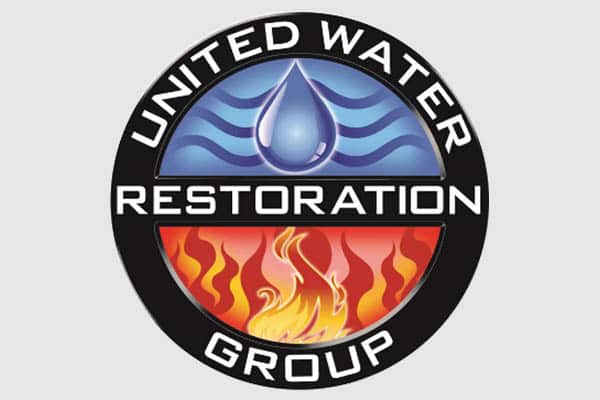
If I’m picking up the phone and calling and asking them for advice, what’s their background and things like that? That’s where I feel strongly about my team. They’ve proven themselves in the restoration industry within their respective roles prior to ever coming to work for us on the franchise side of United Water. That’s exciting.
That is key. You mentioned the other thing which is to talk to franchisees because I can paint a very rosy picture of what it’s like to be a United Water Restoration Group franchisee. I would validate that information and say, “Bob’s shooting is straight.” There’s no harm in that. I did it when I looked into becoming a franchisee and things like that. It’s another critical step, regardless of whether it’s us or anybody else. You should do to evaluate what makes the most sense for me.
It is the qualifications and those credentials because it’s like a marriage. You’re in business for yourself. Would you mind elaborating a little bit around what I can do as an independent business owner? As you mentioned, it’s this weird dynamic where I’m licensing the brand yet I own the brand. How does that work?
I’ll give you a great example. We’re a full-service restoration company. We do water remediation, mold remediation, and fire and smoke. Some of our franchisees do the rebuild. After you’ve gone in, you have to demo some stuff and you dry out the structure or you take care of everything. Some of our franchisees do the rebuild. Others subcontract out. They have partners they’ve lined up, but I’ll give you an example.
If I had a franchisee who had an area that had a tremendous amount of mold, he could become more of a specialist. He could build an entire business. We’re focusing a lot more on mold and if you look at where this revenue comes from where, as a brand, we do a lot of water, both corporately and with our franchisees. We like that. It’s you’re in and you’re out for a number of reasons.
I could have a franchisee tomorrow that says, “I’m going to be the mold king.” They made a conscious decision to focus on going out there and marketing to that, building a team around that, adding more knowledge to themselves and their team about that, and taking the moldering mediation to a different level to where they are destroying their competition.
They can do that within the guardrails of our franchise as long as they’re not misrepresenting the brand or trying to do silly things. It sounds silly, but in all the brands I’ve worked with, you’ve had people who try and say, “Can I play with the color on that logo?” That’s a big no-no because that’s part of that image. There are guardrails there. You have some wiggle room that you can make some decisions strategically and directionally, “What am I going to do?” and other decisions like how you compensate your people. We have franchisees that compensate for the same exact position a little bit differently. That’s a business choice that you can make on which you think might be better.
Putting the logo on hats, t-shirts, and polos, even though it looks great, it may not go over so well from a franchising standpoint because you’re licensing the brand.
We provide them. If they want to do that, it’s promoting the brand. You can see I’m in my branded clothing and things like that. We give them the resources to do that. We’ve lined up some vendors internally. We also encourage them to source vendors locally. Buy in your own community because you’re a business owner there and it makes sense if there’s a qualified vendor to get something there. We make it easy for them to be able to source some of those same products. As with every other franchise, we do protect our brand, the image, and things like that and make sure it’s represented well in places where it matters on things like wraps, prints, logos on the wall, and things like that.
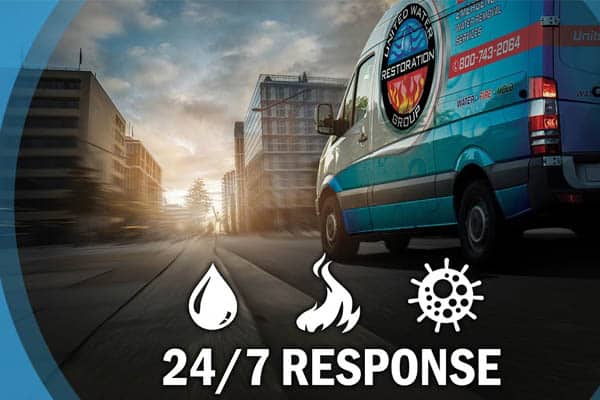
It can be sourced locally, but I probably have some predefined apparel and locations for the logos and proper usage of the logo. It is pretty standard. The franchise is going to offer these hats that we use. These are the polos we use and the jackets. You name it. The full wardrobe is there, but this is our look. These are our predefined, what makes us unique and special in the market.
I wanted to go here because it’s important to tease out the practical reality of being a franchisee and being in business with other business owners. It’s important to have a consistent brand across all 27 locations or however many locations you have. If not, that waters down the brand. In the marketplace, the more consistent the brand is, the stronger the brand. That’s one of the most powerful components of the franchise model.
It’s a growth model. We’re going to get our brand out there, but it’s going to be out there if it’s inconsistent or if it’s consistent. There will be a client experience in the marketplace. The stronger the brand, the more consistent the brand. Not only the way that the logos are displayed on apparel but also the overall customer experience from A to Z.
It would be pretty interesting if you went to Chick-fil-A in Las Vegas and they were serving lobster. I’m being a little silly here, pretty dramatic, but you go to Texas and there’s serving chicken and everything else that you expect. Let’s say you go to Oklahoma and they have the right menu, but they’re wearing different hats and different polos. That gives some good context. We can all scratch our heads around that.
That’s why it’s so important to be consistent and uniform in the marketplace. I appreciate you letting me go there and get in the weeds on that. I want to turn the page and talk a little bit about the future of your organization and what initiatives you guys have on the horizon that are exciting and that you’d like to share and dive into.
The next big thing for us as a brand now is we have our second annual franchise conference coming up in May, down in New Orleans. We’ll be down there. We’ve got great signups for it so far. The bulk of our franchisees are coming. Some of them are bringing team members. We’ve got a great three and a half days set up for them for the opportunity to network with one another, great learning going on, bringing in some outside vendors, and industry-renowned guest speakers coming in on the last day.
That’s one of the big things that we have on the horizon. Beyond that, as we always are, we’re looking for ways to get better, both in terms of our systems and how we present them. I liken it to what you said about a brand’s expectations and things like that. We have to look at what we give our franchisees in terms of tools and make sure that we’re meeting a certain standard about them. They’re easy to use and understand. They can pick up those tools and use them the same way within their franchise.
We’re always focusing on things like that as well as if we meet our goal, we’ll be busy getting a dozen new franchisees up and running. We want them to be successful. One of the other things about our brand that I love is the only way that we make money is through the initial franchise fee and royalties. There are no other things that we require our franchisees to purchase through us where there’s a little markup or anything like that.
Truly, it’s set up to where our success is dependent upon our franchisee’s success. If we’re going to add a dozen, we’ve already given a lot of thought to what that looks like for us in terms of running the training classes, opening, and support, all of those types of things. It turns out it should be an exciting year for us.
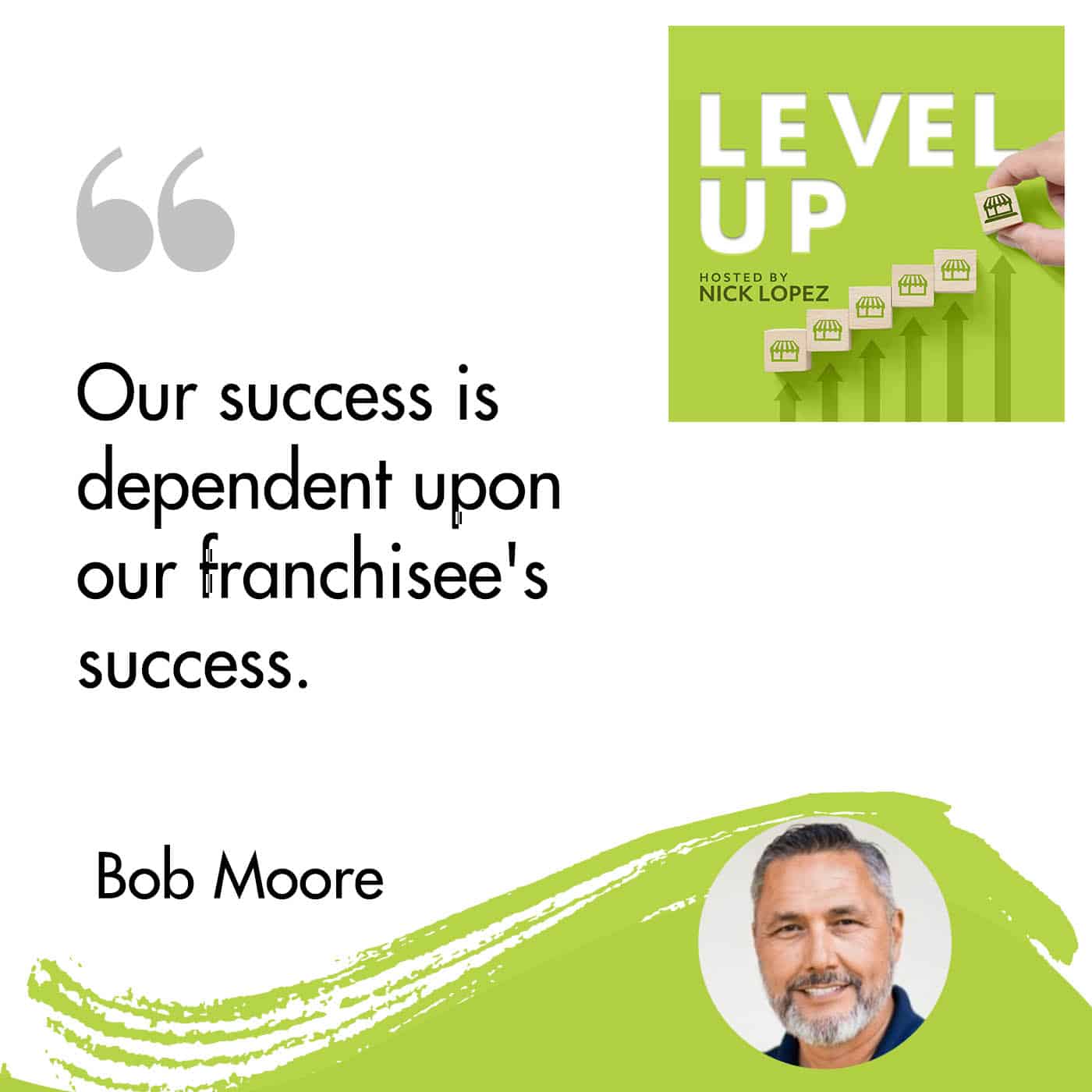
At the conference, I would assume that you’re able to get some feedback and allow for networking and collaboration that you’re getting all the owners together and the leadership team. Probably some vendors and some partners in the industry and devoting that time to huddling up around what makes the brand great but probably pulling some feedback and keeping the ears open for opportunities to innovate.
I was playing with some different polling options. I came from the training realm when I was with Dunkin’ Brand. There were different tools that we used. At the moment, you could take live polls in the audience and it displayed on the screen. We’ve got a few things like that going on and a couple of other ways for them to provide us feedback on where we’re going.
One other thing I failed to mention earlier is that we’re also getting ready to form. We’re a small company relative to many other franchise organizations, but with 27, we’re at that point where we’re getting ready to elect our first franchise leadership council. They’ll be franchisees elected by their peers to serve in an advisory role.
We’ll bring them in earlier than all the franchisees on some decisions. We’re looking at things we’re thinking about down the road to get their input. It gives all the other franchisees another voice with if there are concerns or questions they have someone else that they can speak to about it. They know that these guys get to go to are regularly with the owners and franchise leadership. That will all be built in as part of the conference coming up.
You’re officially releasing and announcing the results of who was elected.
We’re getting ready to hold the election. We were pretty planful in terms of making sure we did it right. I’ve been a part of it with every brand I was a part of. When I was a franchisee, I was on some different leadership councils myself. When you’re doing your first one and things like that, sometimes you’re setting a precedent. We were a little more planful and mindful of it. We’re getting ready to hold the first elections here very shortly, but they’ll be announced and ready to go by our conference in May.
With your experience with those councils, for clarification standpoint, are those elected owners projecting the direction of the brand, or are they acting as some feedback for where the leadership team is wanting to go? Is it a little bit of both? How does that work?
It’s a little bit of both. The franchise business model works best when the franchisor and the franchisee are working and going in the same direction and trying to build the brand. The franchisee is trying to build their individual companies. The franchisor is trying to make sure that the franchisees are successful in building their own. They’re also charting a path to grow the overall organization.
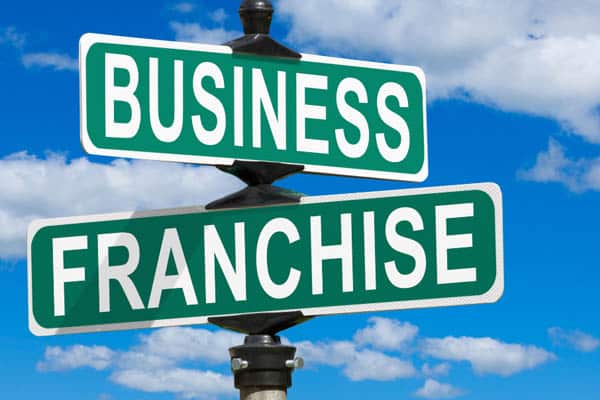
Those councils, ideally, are coming to the table with ideas. They’re pushing us in areas that they might say, “We need to go more in this direction. We need more tools here.” They’re pushing us in some ways, but we’re also sharing with them our perspectives on how the brand’s performing. They often get to see the company in a very different light because they’re so used to seeing their company. They might see how they perform compared to some other franchisees. When they get brought in on some of the councils, they see all the numbers and get to see a lot more information. They get to see it from the franchisor’s perspective.
That’s very helpful for any franchise company because when you start talking about the future and things, we’re thinking about 18 months, 2 years, or 3 years from now and what the company might look like and things we need to do. It’s great to have their insight and feedback because everybody has blind spots and every person in every company. Having that advisor council there helps you minimize those oftentimes.
Also, get on the same page around seeing it from the franchisor’s perspective, where other times it may be seen as a fee, for example. If we were to give an example, let’s say as a franchisor organization, you’ve never implemented a marketing spend. From the franchisor’s standpoint, they can see, “Here’s a real opportunity to increase leads which turn into revenue, which turns into more bottom line.”
It’s an opportunity for us to grow our franchise owner profitability, grow their businesses, and acquire more market share. If that collaborative process and those mechanisms aren’t in place, it may be seen as a fee. “Here’s my fee. It’s going up $1,500.” From the franchisor’s standpoint, the whole time, their intent was to benefit the franchise owner and that could be missed. It could be seen as a fee.
That’s interesting and clearly a smart path to the next step of where you’re going in the future and what’s on the horizon. There is an annual conference coming up and leadership council being formed. There are some pretty exciting developments going on within your organization. Any recent initiatives, eHires? Overall, any latest and greatest that you can think of that you’d like to share?
Nothing comes to mind. We had a great 2022. We blew our 2021 numbers out of the water. We are hiring. There’s a position that we’re actively recruiting for now. It’s a franchise business coach or a field operations person. We have a lot of franchisees and we want to continue to support them. The person I have in that role is great. We’ve promoted her, but she is one person.
One of the things that I promised our franchisees, I said, “We get a lot of positive feedback from our franchisees about my team.” That was one of the biggest things that they talked about and the concerns they had at last year’s conference. They said, “We’re all for growth, but we want the company to feel like it does now where we love your team. We know they’re in our corner, they’re great servant leaders, and they’re knowledgeable. As you build your team, we want to make sure that you keep that.”
We’re doing our due diligence in finding the right people for the next couple of key hires to make sure that as we grow, they don’t feel like they’re just becoming a number as a franchisee. We want them to feel the way they do now when we’re small, like, “We’re a family. Bob and his team have our best interests in mind. They care about us.” We want to keep that. We’ll be hiring a couple of people as we grow, hiring ahead of the growth that’s coming in.
What a great point of view there. “Growth is great, but we wanted to remain consistent with how it’s been. It’s what we love about the organization. Can we keep that?” That’s some great chemistry dialogue there with the franchise owners. As a franchisor, you could be running, growing, and missing the ball that the franchise owners are perceiving as, “We’re watering down our support. Things are going to be changing.” No one likes change, especially when it’s something as important as your business.
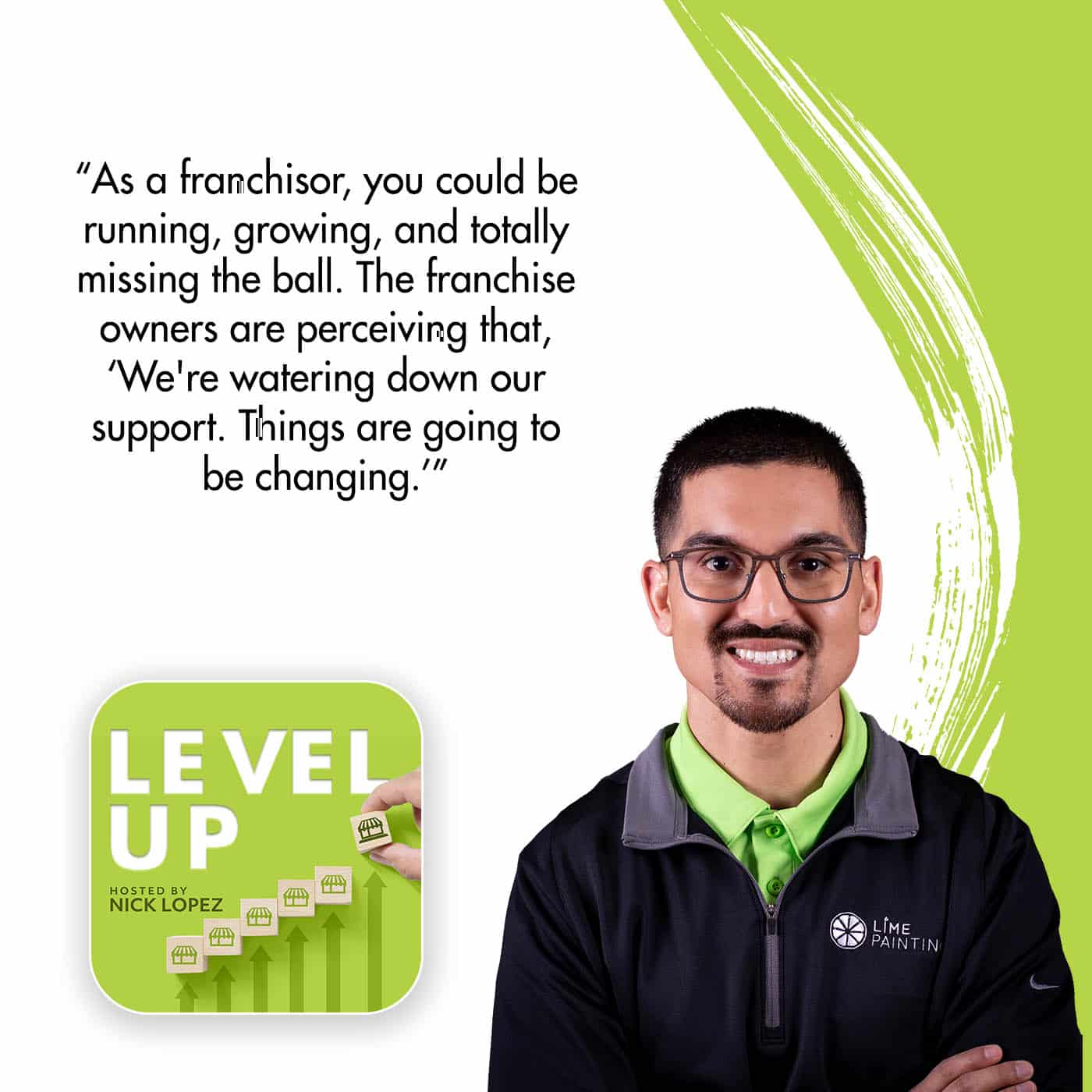
You want to know that there is going to be some change, but there’s a plan in place for that. Your organization’s done a great job of serving your franchise owners, building that chemistry, and having that two-way communication. Even before you had the franchise leadership council formed, you were clearly doing business the right way. You had year-over-year growth, trending in a similar fashion, and looking to add twelve new franchise owners to your organization. It’s been a pleasure having you on the show. If anybody is interested in learning more about you and getting in touch with you, how can they do that?
The easiest way is to go to UWRGFranchise.com. That’s a great website setup. It gives a lot of information about us. You can fill out a quick little form, and that will get you the person you want to speak to and get you more information about the brand. You can find me on LinkedIn at Bob Moore. I’m right in there for United Water Restoration if you have anything directly or specifically for me.
You read it right from Bob Moore with United Water Restoration Group. This is a fast-growing but very smart franchise organization. Please, subscribe to this channel. It’s how we’re able to continue to grow and bring you tremendous thought leaders in franchising, much like Bob on the show. Most importantly, contribute to the conversation. Drop a comment. Bob Moore, again, it was a pleasure having you on the show.
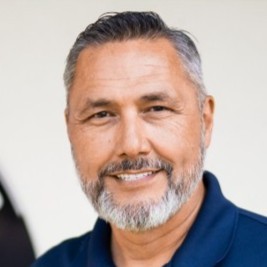
With over 30 years of experience in the franchising industry, Bob Moore has become a true expert in his field. As a high-performing Executive, he has consistently delivered measurable results throughout his career, leaving a trail of success in his wake. His ability to navigate through uncertain situations with ease has made him a decisive leader who is comfortable operating in the gray areas. He has a knack for identifying opportunities and taking swift action, always staying one step ahead of the game. One of Bob’s greatest passions is people, he excels at people management, effortlessly engaging and developing teams.
His collaborative nature allows him to build strong relationships with stakeholders at all levels, creating a foundation of trust and teamwork. Bob is known for his ability to bring people together, bridging gaps between departments and forging excellent cross-functional relationships. But Bob’s talents extend beyond his people skills. He is also a skilled facilitator, recognized for his ability to influence and persuade through powerful presentations.
Bob takes pride in coaching and mentoring fellow leaders, helping them improve their facilitation and presentation skills to drive success within their teams. Bob’s expertise spans a wide range of areas, including franchise operations, team development and engagement, leadership development and mentoring, dynamic collaboration, strategic planning and execution, and financial accountability. He has successfully managed multi-site operations and excels in training and training development. Bob is known for his creative problem-solving skills, always finding innovative solutions to complex challenges.